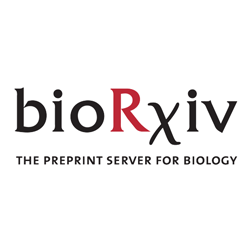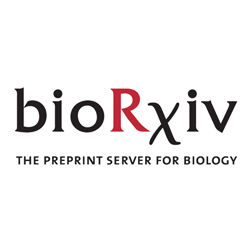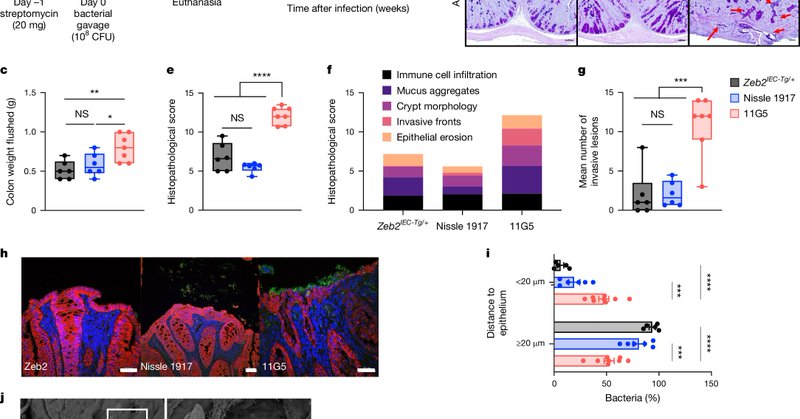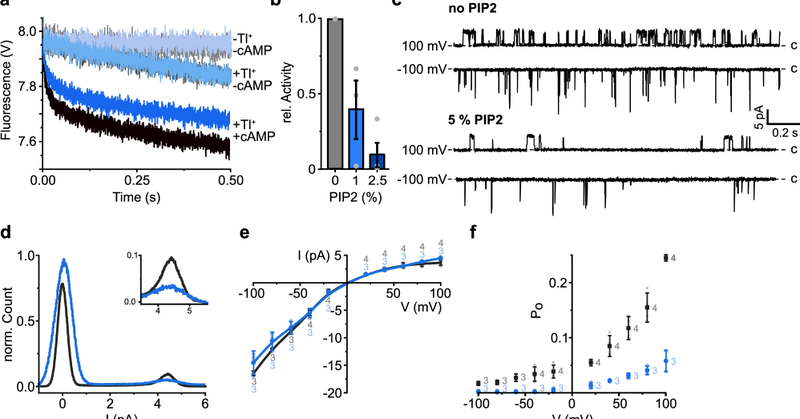
Kashish Singh
@kash1shsingh
Followers
189
Following
603
Media
3
Statuses
134
Postdoc @Carter_Lab @MRC_LMB. Alumnus of the Stark lab @mpi_nat. All views are my own.
Joined June 2019
Delighted to finally share the last piece of work I did in my PhD lab on the yeast fatty acid synthase. It was a lot of fun trying to figure out how to resolve the different states of this complex during its synthesis cycle (1/5).
7
38
182
RT @CKYLau: Exciting news - Our lab is recruiting a postdoc to join our explorations into the Plasmodium cytoskeleton. Do reach out if you'….
0
10
0
RT @Carter_Lab: Excited to share our latest work with the bullock lab! We looked at how diverse mRNAs get selected for subcellular localiza….
0
13
0
RT @FaesenLab: This was a wild ride!. see thread below 🧵👇.1/6.
biorxiv.org
The initiation of autophagy is marked by the prompt convergence of initiation proteins to form super molecular complexes in spatially-defined autophagic hubs. The recruitment and activation of the...
0
2
0
RT @HaselbachLab: We are very excited to share our recent preprint on the nuclear import mechanism of the proteasome, driven by the multiva….
biorxiv.org
Nuclear protein homeostasis, including the turnover of transcription factors, critically depends on nuclear proteasomes. After each cell division, proteasomes need to be re-imported into the newly...
0
19
0
RT @ScienceMagazine: 🎉 Congratulations to Andrija Sente, a grand prize winner in cell and molecular biology of the 2024 Science & SciLifeLa….
0
16
0
RT @Carter_Lab: A one day meeting on Friday 6th December covering all aspects (and scales) of Structural Biology. Lots of talk slots to b….
0
10
0
RT @RuiZhangWUSTL: I want to take the opportunity to mention that I've written a slightly more user-friendly tutorial for the original micr….
0
7
0
RT @PiotrKolata1: Did you know that certain E. coli can drive colon cancer development? 🦠👀. My fantastic wife @magdalenakolata from @Remaut….
nature.com
Nature - The oncogenic potential of pks+ Escherichia coli depends critically on bacterial adhesion to host epithelial cells mediated by the type 1 pilus adhesin FimH and the F9 pilus adhesin FmlH.
0
2
0
RT @MarkusHopfler: I’m thrilled to share that I’ll start a lab at the CRG in Barcelona next spring! We’ll investigate how cells tune protei….
0
19
0
RT @MatteoAll: Ever wondered if nuclear pore architecture and function changes during germ cell differentiation? In human spermatogenesis i….
0
19
0
RT @Alushin_Lab: Pleased to present our latest work, where we show that the cell-cell adhesion protein afadin coopts mechanically-regulated….
0
30
0
RT @lapassmore: New work from the lab!.James Stowell led this project showing the importance of multivalency and phospho-regulation in mRNA….
0
43
0
RT @FelixRandow: RNF213 ubiquitylates LPS but also restricts LPS-free pathogens: bacteria, parasites and viruses! Is RNF213 an amazingly ve….
0
23
0
RT @Aga_Kendrick: Excited to share our new preprint describing the role of Lis1 in regulating dynein's mechanochemistry and activation. @kh….
0
20
0
RT @SamReckPeterson: Excited to share our new preprint presenting the first LRRK2-selective type-II kinase inhibitors, developed and charac….
0
16
0
RT @CrinaNimigean: Sharing our latest paper! Congrats to @thon_oli, @iHeart_proteins and Zhihan Wang for their amazing work! PIP2 inhibits….
nature.com
Nature Communications - Thon et al. showed that the signaling lipid PIP2 inhibits a bacterial homolog of cyclic nucleotide-gated ion channels by binding between the voltage-sensing and pore domains...
0
8
0






